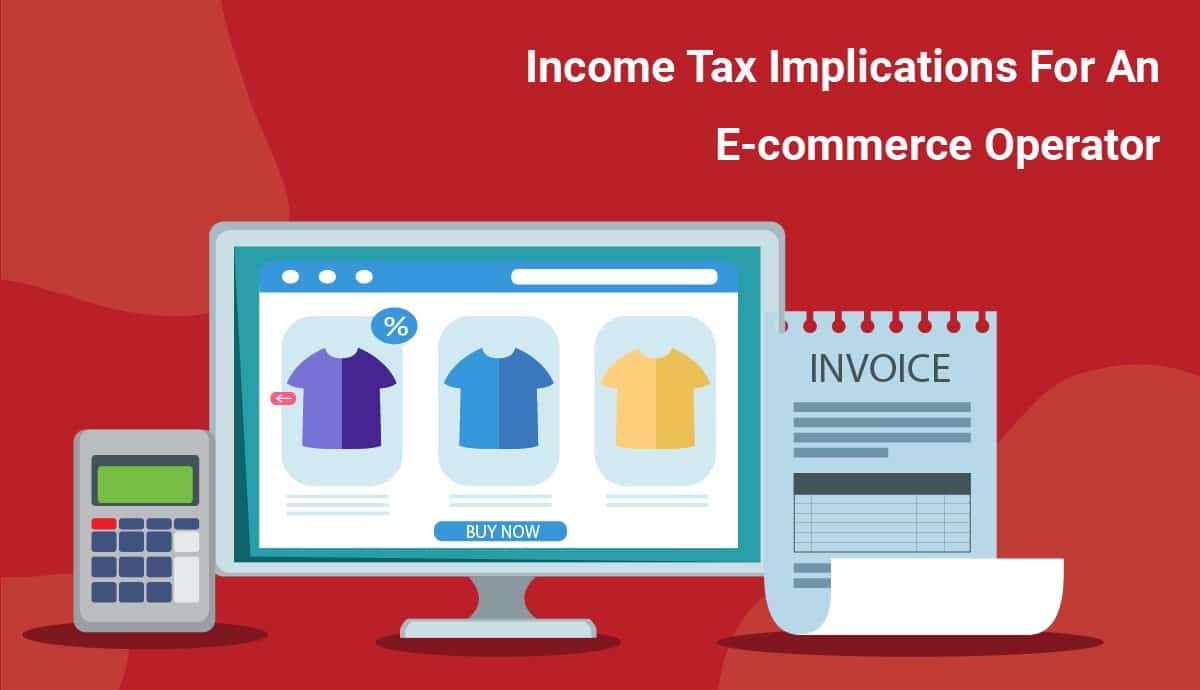ESOPs are a simple and effective method for fostering employee engagement in the company. ESOPs have proven to be a valuable tool in the startup ecosystem, motivating top talent and promoting employee retention.
The statistics further validate this trend, with data from Inc42 Plus indicating that in 2022, Indian startup employees reaped over $196.5 million through ESOPs buy-backs.
Are all ESOPs good at wealth creation?
Yes, but one needs to understand the actual worth of ESOP offered to them. Let us understand the same with an illustration.
As per the offer letter, employee ‘Sujit’ of M/s. XYZ Ltd. (CEO) was vested with a stock option of 1 lakh Equity shares. Company has worked out two options.
| Particulars | Option 1 | Option 2 |
|---|---|---|
| Number of Stock Options | 1 Lakh | 1 Lakh |
| Fair Market Value (FMV) at time of Vesting of options | Rs. 50 | Rs. 50 |
| Exercise Price per share | Rs. 30 | Rs. 20 |
| Vesting period | End of 2 years | End of 1 year |
| Lock in | 2 years post date of exercise | 3 years post date of exercise |
Projected scenario when Sujit opts for ESOP under respective options (basis Company financial forecasts)
| Particulars | Option 1 | Option 2 |
|---|---|---|
| FMV on date of exercise | Rs. 100 | Rs. 70 |
| FMV at end of Lock in period | Rs. 300 | Rs. 300 |
Financial impact on Company as well as Sujit need to be evaluated. (Assume Interest rate @8% p.a.)
The financial impact in hands of the Company would be:
| Particulars | Option 1 (Rs) | Option 2 (Rs.) |
|---|---|---|
| FMV of Options on date of Vesting | 50,00,000
(100,000 X Rs. 50) |
50,00,000
(100,000 X Rs. 50) |
| Exercise Price for 100,000 options | 30,00,000 | 20,00,000 |
| Impact on Financials: | ||
| Discount on issue of Option to be debited to Profit/Loss Account as provision for Stock options over vesting period (Negative Impact on EBIDTA) |
(20,00,000) (in 2 years) (100000 options X Rs. 20) |
(30,00,000) (in 1 year) (100000 Options X Rs. 30) |
| Loss of Interest saving due to timing difference between Vesting and Exercise of options (@8% pa) (No impact on EBIDTA) | (3,20,000) | (2,40,000) |
| Overall Impact on Profit/Loss | (23,20,000) | (32,40,000) |
| Non-Financial but intangible Impact | ||
| Talent Retention tenure | At-least 2 years | At-least 1 year |
| Option Exercise implication | Time based Price as against milestone based | Time based Price as against milestone based |
| Lock in term implication | 2 years non liquid event for employee | 1 year non liquid event for employee |
EBIDTA = Earnings before Interest, Tax, Amortisation.
Figures in bracket indicate negative profit.
Below will be the actual Financial impact in hands for Sujit
| Particulars | Option 1 (Rs) | Option 2 (Rs) | |
|---|---|---|---|
| FMV on date of exercise | A | 1,00,00,000
(100,000 X Rs. 100) |
70,00,000
(100,000 X Rs 70) |
| Exercise Price (100,000 x Exercise Price per option) (A) | B | 30,00,000
(100,000 X Rs.30) |
200,00,000
(100,000 X Rs.20) |
| Perquisite Value (A-B) | C | 70,00,000 | 50,00,000 |
| Tax on Perquisite @ 30%* (C) | D | 21,00,000 | 15,00,000 |
| Interest for lock-in years @8% p.a
(Exercise price X 8% X Lock-in period). |
E | 4,80,000
(Rs.30L X 8% X2 yrs) |
4,80,000
(Rs. 20L X 8% X 3 yrs) |
| Total Outflow (F= B+D+E) | F | 55,80,000 | 39,80,000 |
| Value realised in the hands of Sujit on account of receipt of ESOP at the end of the fourth year (G = FMV at end of Lock in period – F) | G | 2,44,20,000 | 2,60,20,000 |
| Return over outflow (no of times) | 4.38 times | 6.53 times |
*Plus surcharge & cess
Our View
Growth oriented Companies need to carefully evaluate following:
Understand the financial impact of Stock Options Exercise price, Vesting period and Lock in post Exercise of options.
- Designing Vesting tenure – It depends on intangible factors like loyalty, Industry vis a vis Market conditions.
- Designing Exercise price – Depends on performance / milestone event leading to spur in Enterprise valuation, apparent benefit to employee, if he opts for exercise of Stock Options. However, impact on EBIDTA calculation must be evaluated.
- Designing Lock-in period – Depends upon Exit strategy which may be event of Security market public offering, secondary transfers, change of management etc.
Striking balance between Vesting tenure, exercise price vis a vis Fair valuation of entity on date of vesting:
- Stock Options increases Employee compensation expenses thereby reduces the EBITDA and Profit before tax.
- Differential value does have tangible economic implications for the Company’s financials.
From the employee’s point of view
- The investment value towards exercise price rationalises the saving ratio.
- Choosing such an option largely depends on the type of industry, product/ service portfolio and technology upgradation, and industry outlook in coming years rather than mere tax saving.
- Further, if there is no market for such a company’s shares or the company does not have a policy of buy-back, then it will be a sinking cost for Sujit with no realisable value for ESOP. Therefore, it is very important to understand the Company fundamentals, management vision, proposed milestone events, ethics of promoters, robust ESOP policies and real probabilities of realisable value of ESOPs from an employee perspective before accepting an offer letter.
Things to be kept in mind while negotiating ESOPs:
- Evaluate company factors: management, internal dynamics, growth prospects, social impact, policies, and attrition rates.
- Use ESOPs as a complement, not a substitute, to fixed salaries. Optimal structure: minimum fixed salary with variable components in cash and ESOPs.
- Beware of high ESOP offers with minimal or no salary for new hires in start-ups.
- Prioritize transparency: clear ESOP policies, management vision, and ESOP percentage of total salary.
- Align ESOPs to motivate employee commitment, considering the vesting to lock-in period lifecycle.
- Be cautious with the 3-4 year vesting schedule; consider potential pitfalls like employment continuity and strategic acquisitions.
- Low exercise price is advantageous with careful consideration of other parameters and realistic company valuation.
- Company valuation and successful funding rounds demonstrate confidence in ESOP pricing.
Conclusion
To embark on a path of growth, navigating the initial stages is crucial. Consider Stock Options as a catalyst for scalability. If Company’s aim is to establish a sizable and expandable business, leveraging Stock options proves advantageous in the early phases. By utilizing Option grants, state of art vesting tenure you can blend finance and right talent pool necessary to propel your business forward and broaden its impact.
Especially, for Start-ups, time sensitive Stock Option scheme such as ESOPs is required for the following reasons
- To attract and build right leadership-team and scale the business to new heights with proper blending of monetary as well as non-monetary compensation structure.
- ESOP in the initial years is generally viewed as investment into business and there should not impact valuation negatively before stage of Private Equity / Venture Capital /Institutional Finance round starts.
However, ESOP can work as a great wealth generation tool for well-informed professionals who do their research and pick the right companies at the right stage of their lifecycle.



